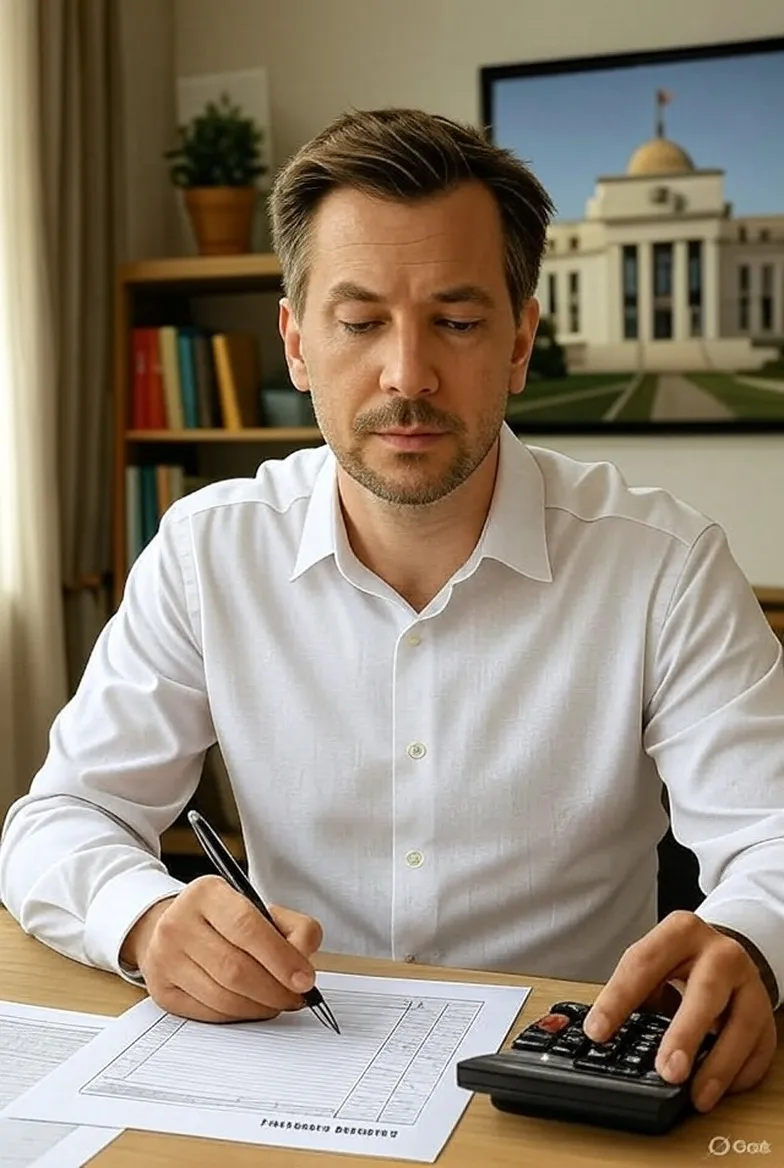Know Your Numbers Before You Manage Them
The first step toward financial freedom is full awareness of where your money goes.
As Forbes puts it: “You can’t manage what you don’t understand.”
Start by tracking your expenses for at least 30 days, recording every purchase — even small ones like your morning coffee or impulse buys.
Use a financial app or even a simple notebook to log your daily spending.
This will help you see where your money actually flows and identify habits that quietly drain your budget.
It’s also crucial to distinguish between fixed expenses — such as rent, insurance, and loan payments — and variable expenses, like food, energy, and entertainment, which are easier to adjust.
Experts recommend building your budget based on net income after taxes rather than gross income to avoid monthly deficits.
Choose the Method That Works for You
There’s no single perfect way to build a budget — the best method is the one you can actually stick to.
Forbes highlights three popular approaches to personal budgeting:
- The 50/30/20 Rule: Allocate 50% of income to needs, 30% to wants, and 20% to savings or debt repayment, adjusting as needed.
- Zero-Based Budgeting: Assign every dollar of income a specific purpose at the start of each month, ensuring that income minus expenses equals zero — complete control over cash flow.
- The Envelope System: Divide your spending into physical or digital “envelopes” (like food, entertainment, or transport). Once an envelope’s funds are gone, stop spending in that category.
Forbes emphasizes that the right system is the one you can sustain — not just admire.
Set Clear Financial Goals
A budget without a goal is just a spreadsheet of numbers.
Forbes recommends setting financial goals using the SMART framework, meaning goals should be:
Specific, Measurable, Achievable, Relevant, and Time-bound.
Instead of saying “I want to save money,” say “I will save $5,000 for a trip next December.”
This clarity transforms vague intentions into actionable plans.
Follow the golden rule: “Pay yourself first.”
Treat savings as a non-negotiable monthly expense before anything else.
And prioritize paying off high-interest debt, which is often the biggest obstacle to long-term financial growth.
Automate and Prepare for Surprises
Financial success doesn’t rely on willpower alone — it depends on smart systems that run automatically.
Experts recommend automating bill payments and recurring transfers through banking apps to avoid late fees and missed payments.
It’s also wise to set up a fund for irregular expenses such as annual insurance premiums or property taxes by saving a small monthly amount in advance.
Equally important is maintaining an emergency fund that covers at least six months of living expenses, kept in a separate account reserved solely for urgent needs.
Review, Adjust, and Stay Consistent
Forbes describes the budget as a “living document, not a rigid contract.”
It should evolve as your life circumstances change.
Review it monthly to compare planned versus actual results, and make adjustments when needed.
If you overspend in one area — like dining or entertainment — don’t abandon the plan; simply rebalance it temporarily.
Perfection isn’t the goal — consistency is.
Financial learning is a long journey built on patience, adaptability, and persistence — the true path to lasting freedom.
Ecopulse24 Insight
Ecopulse24’s editorial analysis finds that most people who fail at budgeting don’t lack knowledge — they lack consistent follow-up.
After a few weeks of motivation, they stop tracking expenses, and old habits quietly return.
The key insight: Financial transformation doesn’t come from big decisions but from small, repeated actions.
Weekly check-ins, monthly reviews, and automated adjustments are what sustain long-term discipline.
Financial freedom is not an event — it’s a behavior built over time through awareness and consistency.
Conclusion
Budget management isn’t about restricting spending; it’s about strategically building freedom.
Awareness, planning, and continuous improvement are the three pillars that help you control your money — before it controls you.
Start with one small change today, and you’ll discover that financial peace is the first step toward true independence.
